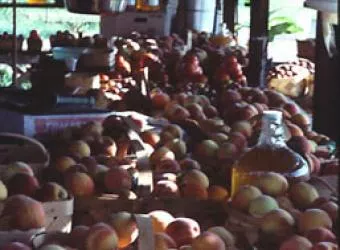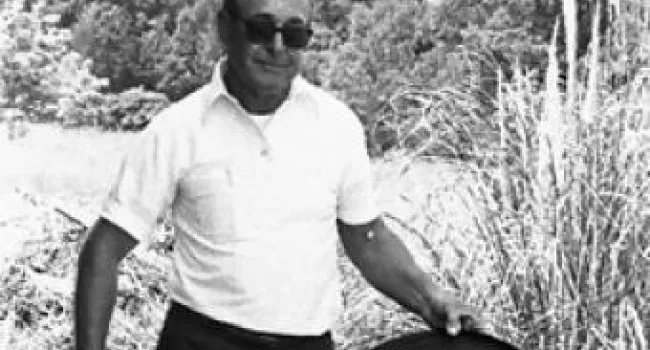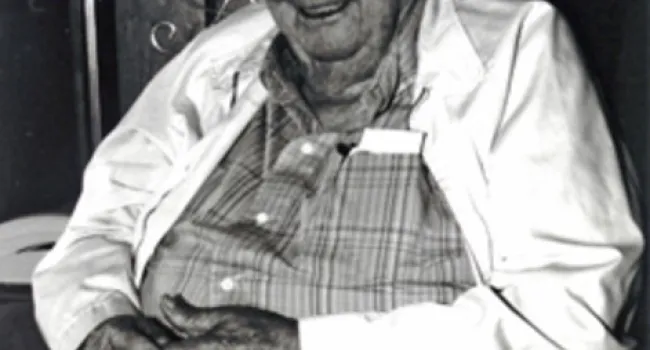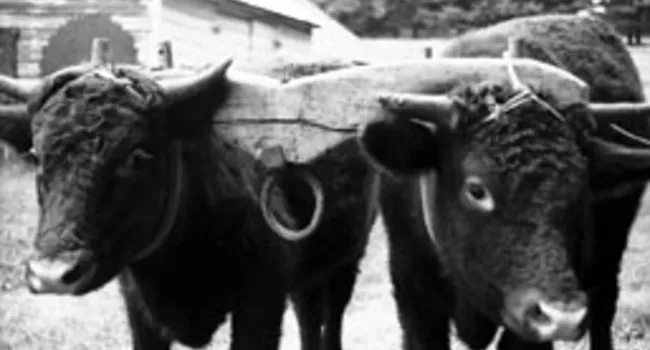
Document
The document includes transcripts for Rebecca Hill's audio.
Firmly grounded in a culture dominated by agriculture, most early South Carolinians worked on small family farms. Up until the late 19th century, South Carolina was essentially separated into two socio-economic regions – the lowcountry and the “backcountry.” While large plantations dotted the landscape along the coast - concentrated in Charleston County - the backcountry consisted of everything west of the coastal plain and was characterized by small, family-based farms in unincorporated communities. While rice and indigo were the cash crops on the coast, most backcountry farms planted acres of cotton, corn, flax, and potatoes. Most of the harvest was used to feed and cloth the family, with a small portion of the yield being sold to neighbors or at market to pay bills and taxes.
By the 1850s, people living in the upstate did have access to factory made goods, although many of their daily needs were still met within the community – foodstuffs, textiles, furniture, and farm implements. Most of these largely self-sufficient communities were devastated during the 1860s. The Civil War ravaged the landscape and destroyed an economy that had yet to recover over twenty five years later. A shift in family-based farming did not occur until the textile mills began opening in the late 1800s. Families by the thousands moved to mill villages for jobs that promised a regular paycheck, something farming did not guarantee.
Despite the textile mills, the South Carolina economy remained rooted in agriculture, a legacy evident today in the fields that blanket the countryside. Peaches, cotton, corn, soybeans, and some tobacco are the main crops South Carolina farmers grow today.
Content is provided by McKissick Museum, University of South Carolina.
For further information about any of the artists featured on Digital Traditions, send your questions and comments to hallagan@mailbox.sc.edu.

Document
The document includes transcripts for Rebecca Hill's audio.
Document
The document includes transcripts for Richard Blackwell's audio.
Audio
John Price, a 4th generation miller talks fondly about selling rabbits as a kid.
Audio
Kinard speaks about starting a farm during the depression .
Audio
How oxen respond to voice commands and know their own names